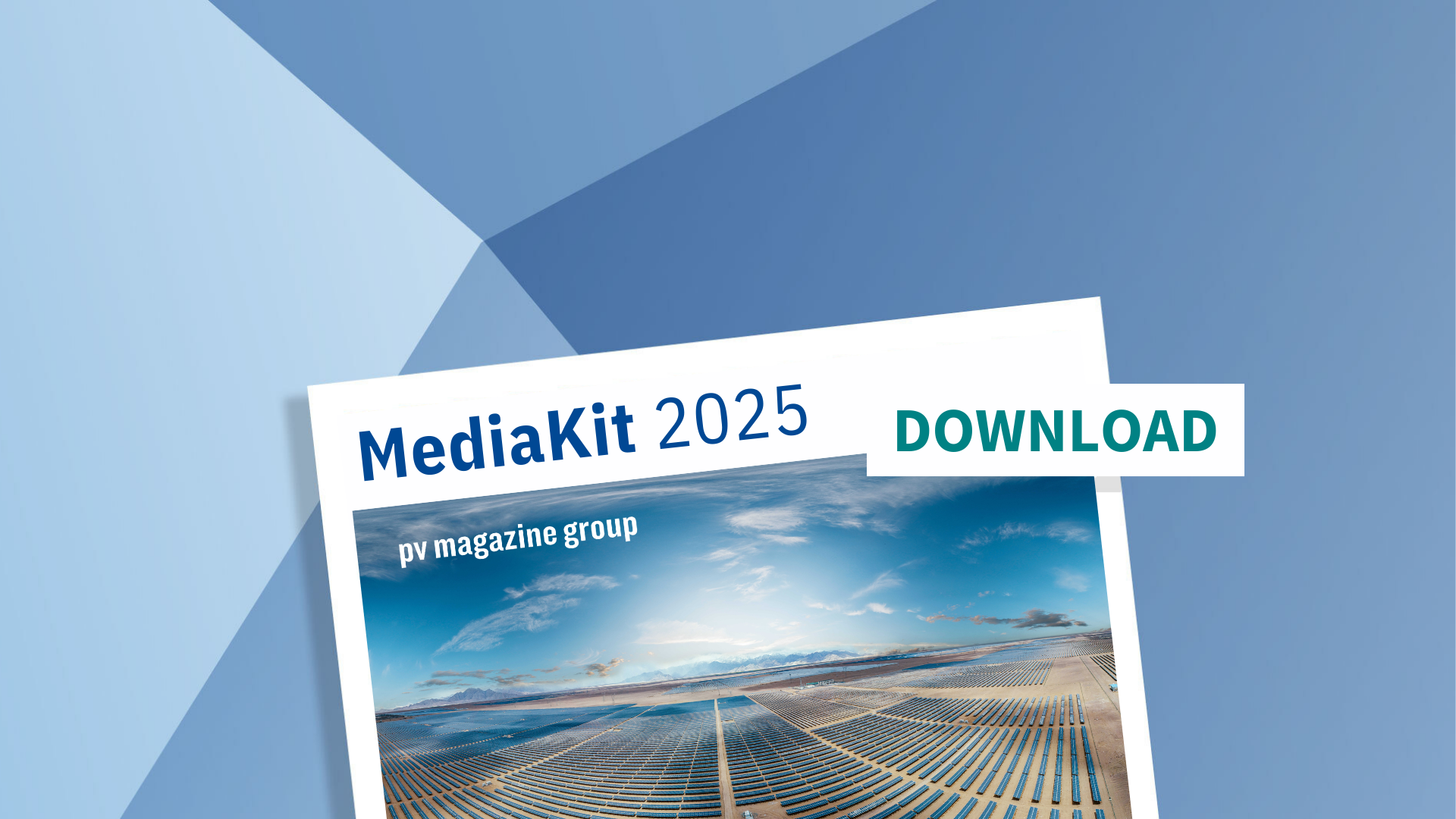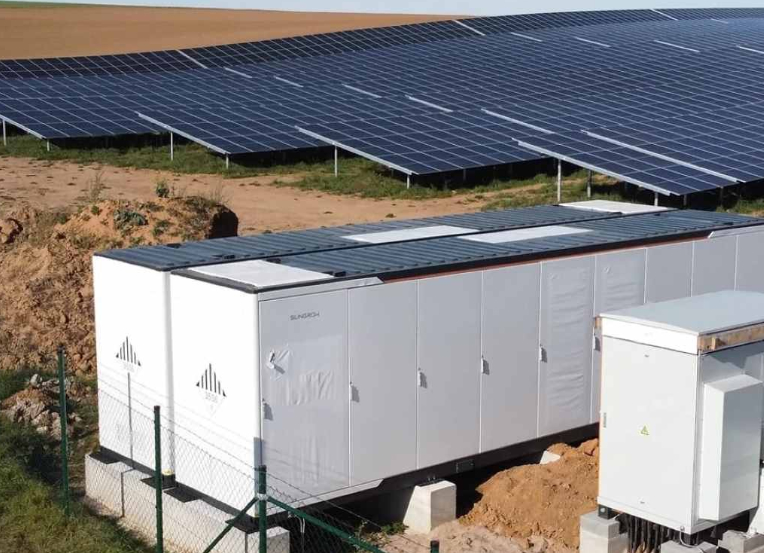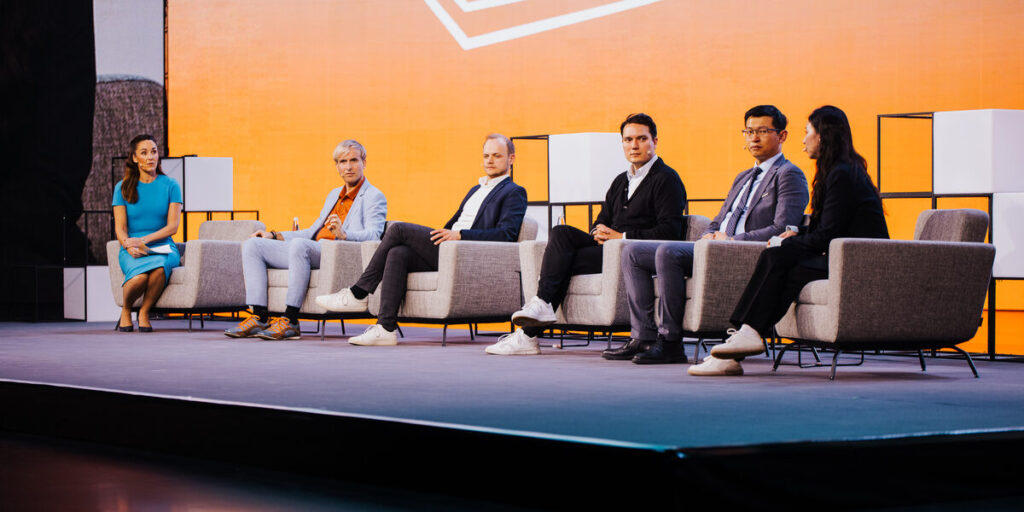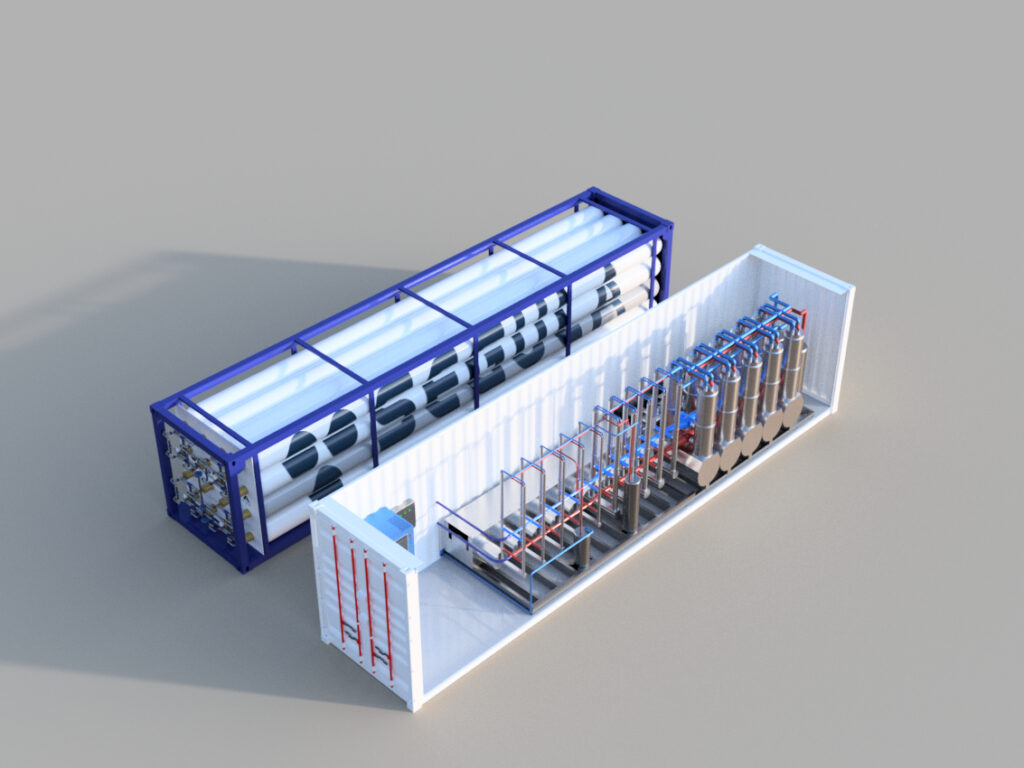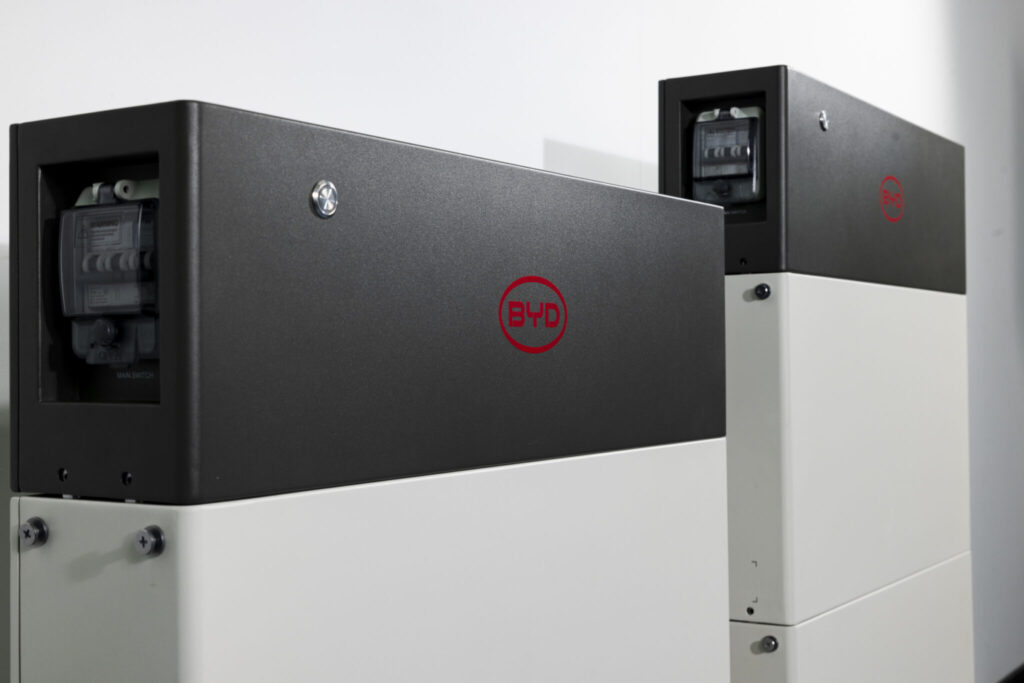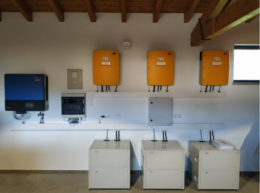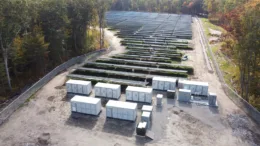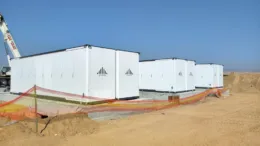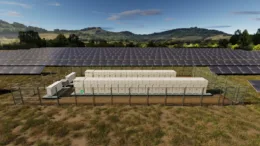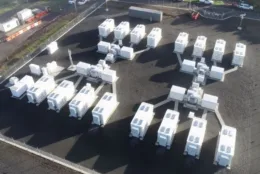German initiative to develop scalable sodium-ion batteries
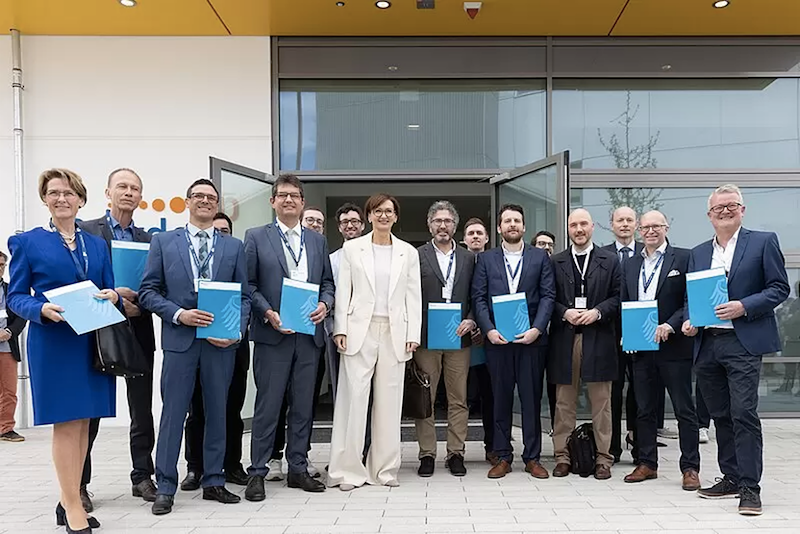
A consortium of 15 companies and universities led by battery firm Varta has announced a collaborative project to develop a high-performance, cost-effective, environmentally friendly cell chemistry for sodium-ion batteries.
The ENTISE project has secured €7.5 million in funding from Germany’s Federal Ministry of Research and Education and will kick off officially at the start of June.
The work will involve scaling up the cell chemistry into industrial-level cell formats. It is expected that the final product will be a small series of round cells that could be used in electric vehicles and stationary storage systems.
Varta said another central component of the project will be producing sufficient quantities of necessary materials to build both individual resilient laboratory samples and prototypes in round cell design. Then in the final phase of the project, the individual components will be upscaled and transferred from the laboratory to the pre-industrial sector, through cooperation between the partners.
The end of the project has been set for mid 2027, with an accompanying technical, economic and ecological evaluation to round off the project.
Sodium-ion batteries are widely considered a sustainable and resource-saving answer to future energy storage, particularly as sodium is readily available, inexpensive, safe and can be easily disposed of or recycled. However, there is disagreement over whether it is a viable alternative to lithium-ion batteries.
“For the German battery community, this project represents a milestone in the development of sustainable sodium-ion batteries,” said Varta CTO Rainer Hald. “In addition to existing technologies, sodium-ion batteries can make an important, sustainable contribution to the decarbonisation and electrification of many areas in order to actively shape the energy and mobility transition.”
Recent research from the Korea Advanced Institute of Science and Technology identified a high-energy, high-power hybrid sodium-ion battery capable of charging in just a few seconds.




